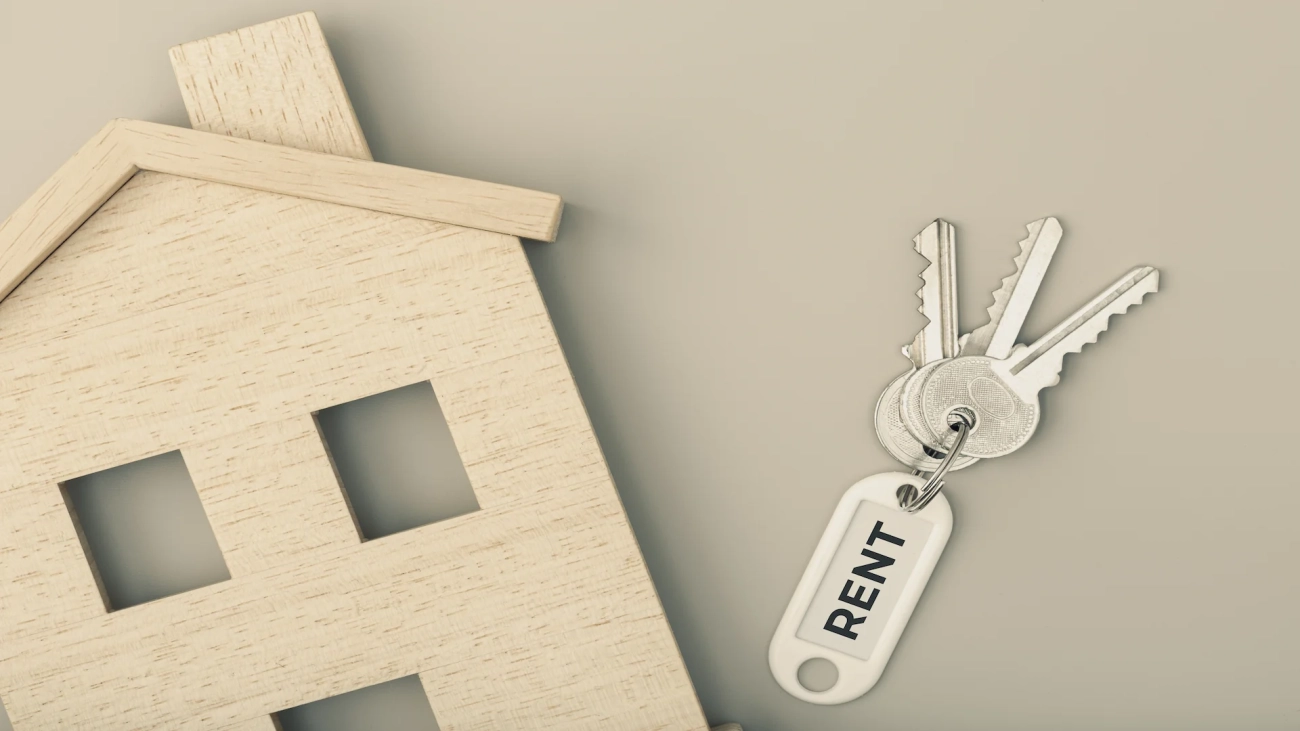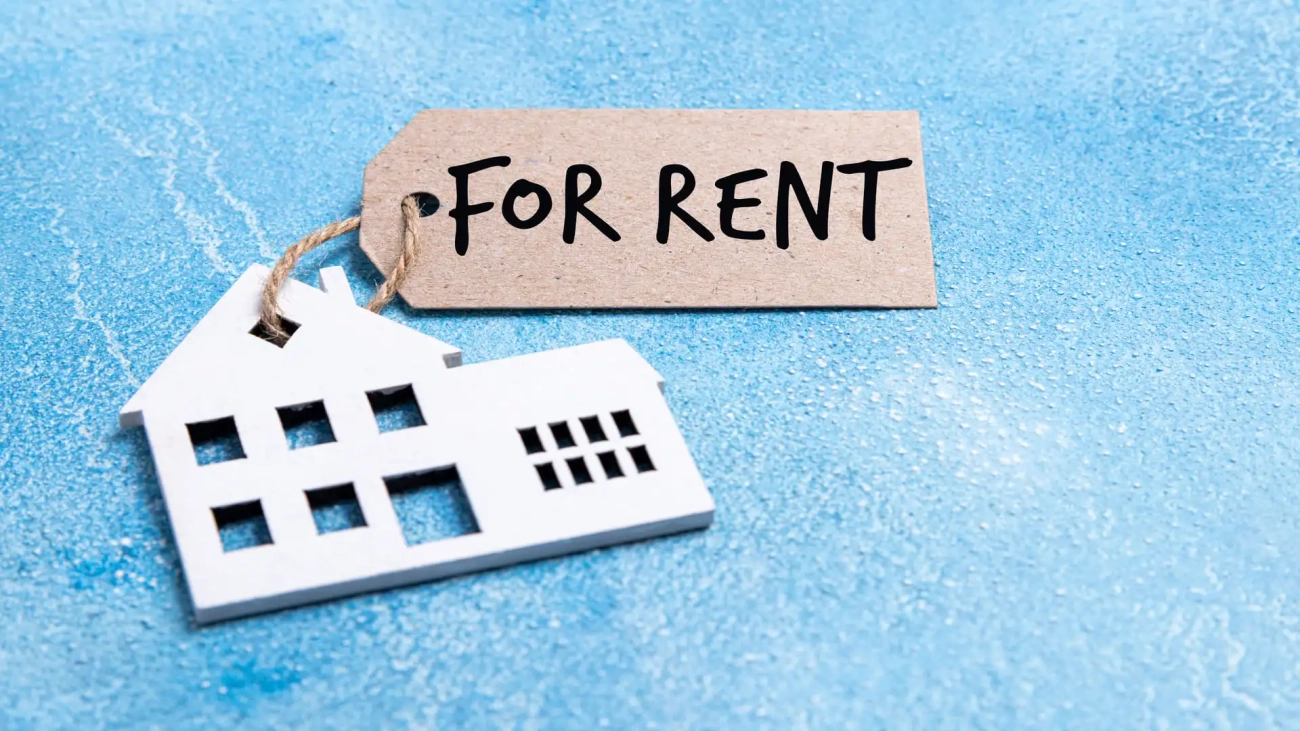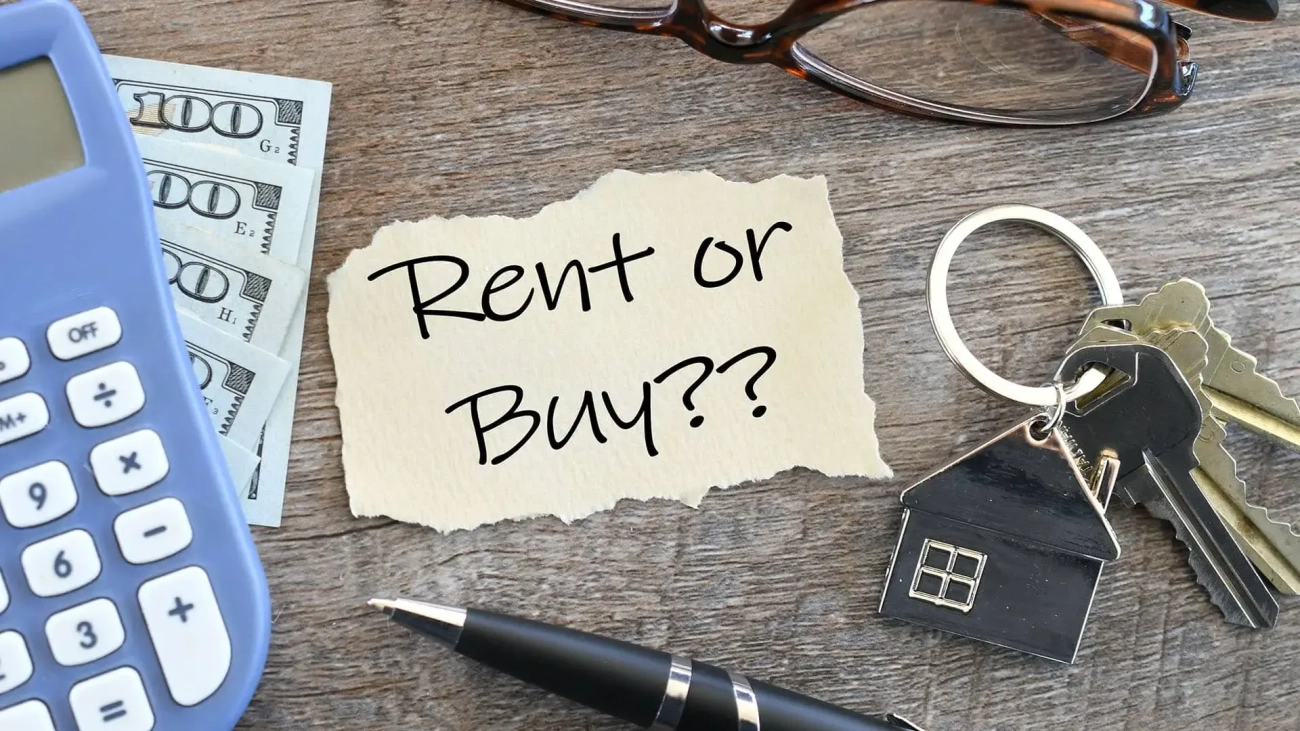Moving to a new city for professional reasons, starting a master’s degree, taking on a new project, or simply living for a while outside your usual residence. More and more people are seeking housing solutions that fit these situations. And this is where the common question arises: should I go for a traditional rental or a monthly one?
Although both models offer accommodation, they do so under very different logics. We compare both options to help you discover which one fits you best.
What Is a Traditional Rental and How Does It Work?
This is the most well-known and widespread format in the real estate market. It’s based on long-term contracts, usually lasting 12 months or more, with the possibility of renewal. It’s regulated by the Urban Leases Law (LAU) and offers long-term stability, both for the tenant and the landlord.
Traditional rentals are meant for those looking to settle in a city for an extended period. For example, families moving for work, people starting a new chapter in another city, or anyone who simply wants to put down roots in a specific location. It’s also an option for people who are moving out for the first time and prefer renting over buying. However, it comes with some requirements and conditions that should be considered:
- Presentation of financial documentation (pay slips, contracts, guarantees, etc.).
- A deposit or security fee of one or more months.
- A minimum commitment to stay (breaking the contract early may involve penalties).
- Unfurnished apartments or those with minimal furnishings in many cases.
In summary: stability, yes. But limited flexibility.
What Is a Monthly Rental and When Is It Used?
Monthly rentals are designed for very different situations. The goal here isn’t to settle indefinitely, but rather to find a practical, flexible, and comfortable housing solution for a limited period, usually less than a year. This format has grown enormously in recent years due to labor mobility, the rise of remote work, and globalization. When is it used?
- Professionals relocated for temporary projects.
- Expatriates newly arrived who are looking for a permanent home but need a temporary place until they find it.
- Master’s degree students or those attending intensive courses.
- People renovating their homes and needing a temporary place to live.
- Freelancers or digital nomads who frequently change cities.
These accommodations are typically fully equipped with kitchen, Wi-Fi, washing machine, furniture, and, in many cases, additional services such as cleaning or customer support. Additionally, they don’t require long contracts or complex guarantees, allowing tenants to adapt to their lifestyle without complications.
Advantages of Monthly Rentals for Tenants
If you’re a professional moving between cities or projects, monthly rentals offer numerous advantages:
Total flexibility
You can choose the exact duration of your stay, from just one month to nearly a year, without committing to long-term agreements or difficult-to-break clauses. Ideal for those unsure of how long they’ll need to stay.
Ready to live in
No need to bring furniture or set up utilities. These homes come fully equipped with everything you need: appliances, kitchen utensils, bedding, towels, and, of course, internet access. All you need to do is bring your suitcase.
Quick management
Forget about endless paperwork or proving your financial solvency for weeks. With specialized platforms, you can search, book, and move into your new home in just a few days. For example, if you book with BizTrip, you’ll access verified apartments, personalized support, and clear conditions.
Strategic location
Monthly rentals are often located in central, well-connected areas of the city: close to business centers, universities, and well-served public transport areas. This saves you time, transportation costs, and enhances your quality of life.
Peace of mind and support
Many monthly rentals include customer service, maintenance, or even regular cleaning. It’s like living in your own home, but with the added benefits of a professional service.
Advantages of Traditional Rentals for Tenants
While monthly rentals are ideal for temporary stays, traditional rentals still have their place, especially if your intention is to settle in a city for the long term:
Long-term stability
A traditional lease guarantees that you can stay in the same property for years without worrying about frequent renewals or availability.
Personalization options
In many traditional rentals, you can bring your own furniture or make small renovations to adapt the space to your tastes and needs, something that’s rarely allowed in temporary rentals.
That said, it’s also important to remember that the process is typically slower and more bureaucratic, you won’t always find fully furnished apartments ready to move into, and you may have to bear higher initial costs.
Conclusion: Why Monthly Rentals Are Gaining Ground in Big Cities
The current pace of life has changed. Cities are becoming more dynamic, professionals are moving around more frequently, and businesses are demanding flexible and high-quality housing solutions for their employees. In this context, monthly rentals have come to stay.
It’s not just a trend; it’s a real response to new needs for mobility, efficiency, and convenience. Instead of dealing with rigid contracts or spending weeks searching for a place, today you can find a functional, well-located, and fully equipped home to start your new chapter without complications.
And if you choose a platform designed for you, like BizTrip, you can rest assured knowing everything is under control: clear conditions, verified housing, personalized assistance, and maximum comfort from day one.
Book Now on BizTrip





